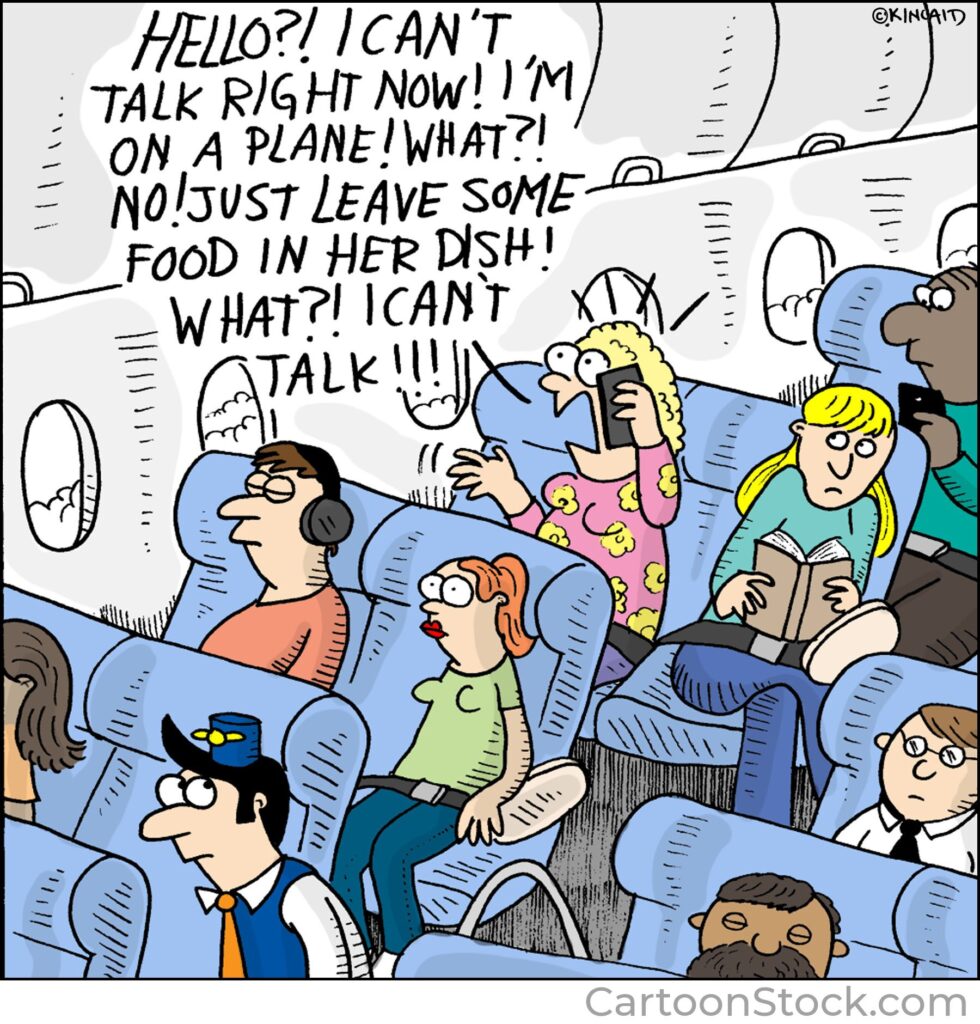Over the weekend my eight-year old grandson had a major learning experience. For years I’ve been working with him on spacial recognition – one of the markers for intelligence. Spacial recognition is the capacity to imagine or visualize in one’s mind the positions of objects, their shapes, and their spatial relationships to one another. It develops in the posterior parietal cortex, an area of the brain often associated with planning movements and spatial awareness.
Architects and engineers must master spatial recognition to know how objects will look like in space and how they will relate.
So this weekend I asked Ben to design a cardboard fort to be built in our sitting room. I explained what an aerial perspective is (also called a birds’s eye view) and gave him a pencil and blank sheet of paper. He studied the room – as it was – and then began to sketch out what it could look like in the future.
An hour later he presented his plan. 
After a trip to Home Depot to buy moving boxes and duct tape, we built his plan. When we finished I asked, “Ben, is this what you had in your mind?” “Yep,” he replied. 
I then took advantage of that learning moment to explain to Ben what vision is. I said: “Ben, all things are created twice; first in your mind and then in the physical world. Your fort, this chair, this box-cutter, this house…were first “seen” in someone’s mind, and then someone made it. So vision is a “picture” of something that currently doesn’t exist but can in the future.”
I hope the idea found purchase in his mind and will continue to develop throughout his life.
How might this apply to us?
Do you have vision for your life? For your job? For your children? Can you visualize in your mind something that currently doesn’t exist. It could be a physical object (build a garden in the backyard), a mental discipline (learn Spanish), a relational quest (making five new friends), a financial goal (get out of debt). All these initiatives must be created first, in your mind, before materializing. These thoughts have one thing in common: they are ideas about the future and how it can be better than the present.
We often ruminate about the past and try to negotiate the present, but neglect thinking about the future. Spend the next 60 minutes thinking of ways your future could be an upgrade on the present. Write down 15 alternatives, cull them down to two or three, develop a plan and then head to Home Depot (metaphorically) to get the supplies and start building.





